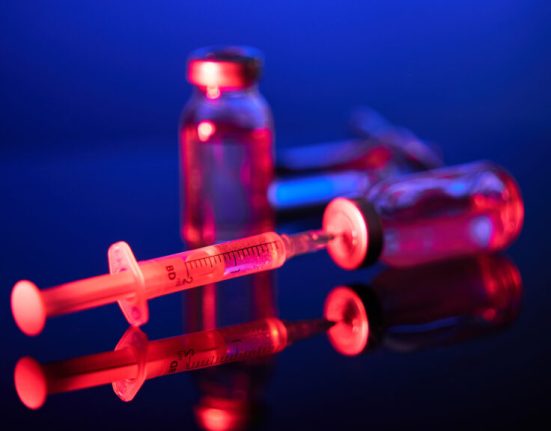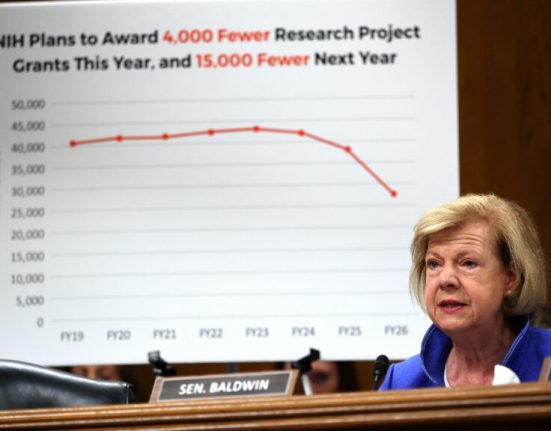Top of the morning to you. And a fine one it is. Lots of sunshine and clear blue skies are once again enveloping the Pharmalot campus, where the official mascots are bounding about the grounds in search of creatures to terrorize. As for us, we are as busy as ever hunting and gathering items of interest. We trust you have your own hectic agendas. So join us as we hoist the ever-present cup of stimulation — our choice today is roasted coconut — and attack the fast-growing to-do list. Have a grand day, everyone, and do stay in touch. We eagerly welcome tips, feedback, criticism, and fresh ideas. …
Merck will grow its U.S. manufacturing footprint with a $1 billion plant in Delaware, becoming the latest drugmaker to invest in the U.S. as tariffs targeting the industry loom, The Wall Street Journal reports. The facility will produce various products, including biologic drugs and a new, easier-to-use version of Keytruda, the company’s blockbuster cancer drug. The plant will become Merck’s first in-house manufacturing site in the U.S. to make Keytruda, and will ensure American patients get the drug made domestically. Keytruda accounts for roughly half of the company’s revenue, and last year generated $29.5 billion in worldwide sales. The drug is manufactured outside the U.S. in places such as Ireland and by domestic contract manufacturers. Merck has said it has built up enough U.S. supply for 2025 and is working on expanding manufacturing for the future. The company recently projected tariffs implemented to date will cost the company $200 million.
File this under ‘So close, yet so far.’ After several years of struggling with regulatory hurdles to win approval for its rare disease drug, Stealth BioTherapeutics had expected the U.S. Food and Drug Administration to respond on Tuesday to its marketing application, STAT tells us. But late last week, the company received a letter saying there was a delay. Moreover, the agency did not indicate when it may now complete its review for the drug, which is called elamipretide and was developed to combat Barth syndrome. The rare illness, which causes an enlarged heart, muscle weakness, and a shortened life expectancy, afflicts nearly 150 people in the U.S. An FDA spokesperson declined to comment on the reasons for the delay in meeting the official date, citing confidentiality, and referred us to the company. The sequence of events, however, indicates the delay can be traced to upheaval at the FDA, according to a former FDA official familiar with the matter.


This article is exclusive to STAT+ subscribers
Unlock this article — plus in-depth analysis, newsletters, premium events, and news alerts.
Already have an account? Log in







